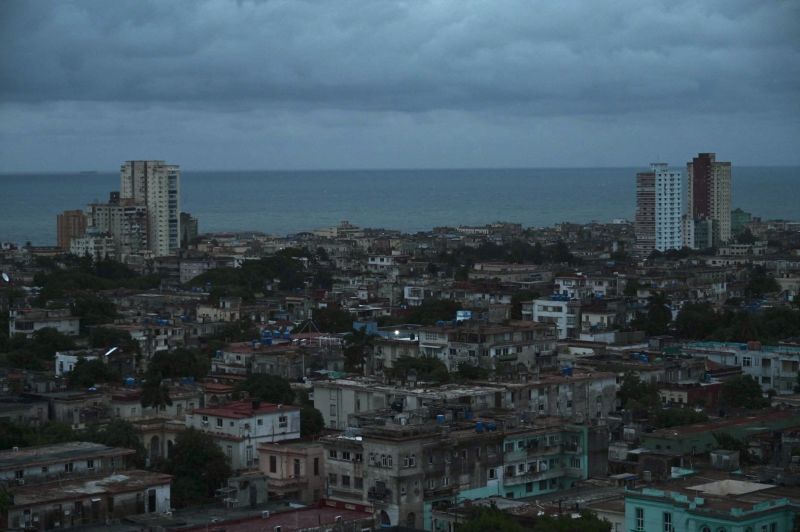
Cuba Plunged Into Darkness Again: Escalating Energy Crisis Grips the Nation
Cuba, an island nation in the Caribbean, has been facing a severe energy crisis that has resulted in a second nationwide blackout. The situation has only worsened as the country struggles to meet its energy demands amidst various challenges.
One of the primary reasons for Cuba’s energy crisis is its heavy reliance on imported oil and outdated infrastructure. With economic constraints and limited access to international financial institutions, the Cuban government has been unable to modernize its energy sector effectively. This has led to inefficiencies in energy production and distribution, ultimately contributing to the current crisis.
Furthermore, the country has been grappling with a decline in oil shipments from its ally, Venezuela. The reduction in oil imports has significantly impacted Cuba’s ability to generate electricity, as oil is a primary source of energy for the nation. This has put additional strain on an already fragile energy system, leading to rolling blackouts and widespread power outages across the country.
In an attempt to address the escalating energy crisis, the Cuban government has implemented various measures, including rationing electricity and reducing public lighting. These measures, however, have not been sufficient to prevent the widespread blackouts that have paralyzed the nation in recent months.
The lack of reliable electricity has had far-reaching consequences on the daily lives of Cuban citizens. Businesses have been forced to scale back operations or shut down entirely, impacting the country’s economy. Hospitals are struggling to function without consistent power supply, putting patients’ lives at risk. Furthermore, the quality of life for ordinary Cubans has significantly deteriorated, with inadequate access to essential services such as refrigeration and air conditioning.
To alleviate the energy crisis, Cuba must invest in renewable energy sources and modernize its infrastructure. By harnessing the abundant sunlight and wind that the island nation possesses, Cuba could reduce its dependency on imported oil and create a more sustainable energy system. Additionally, improving energy efficiency and upgrading the electricity grid would enhance the reliability and resilience of the country’s energy infrastructure.
While the road to resolving Cuba’s energy crisis is undoubtedly challenging, it is not insurmountable. With strategic investments, effective policies, and international cooperation, Cuba has the potential to overcome its current energy woes and build a more sustainable and resilient energy future for its citizens.
